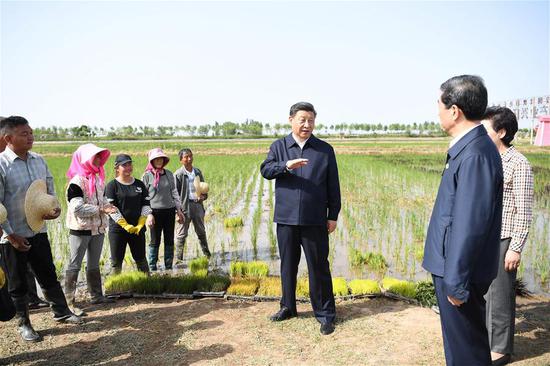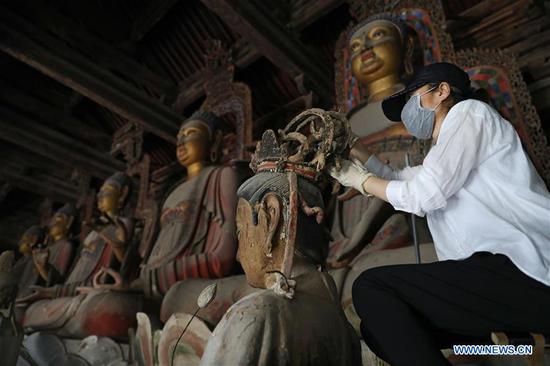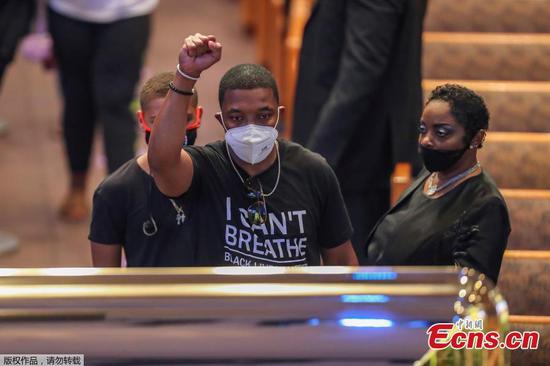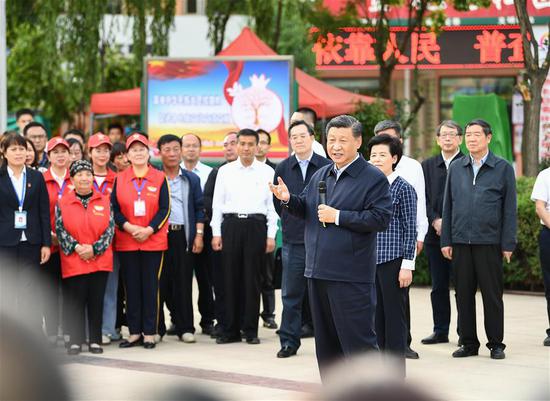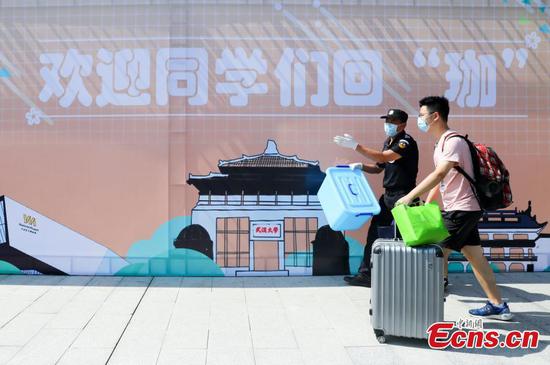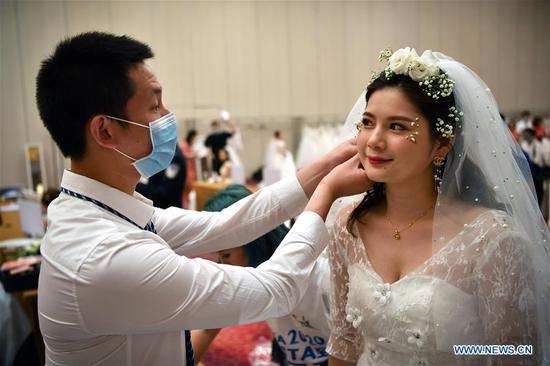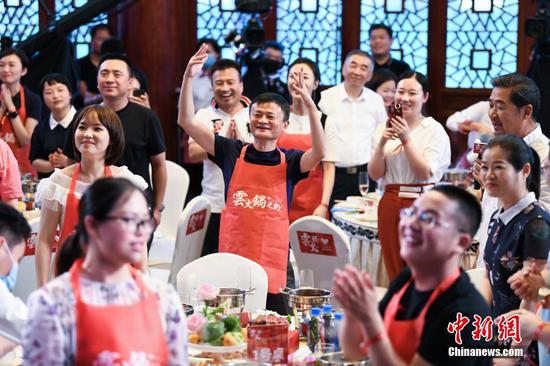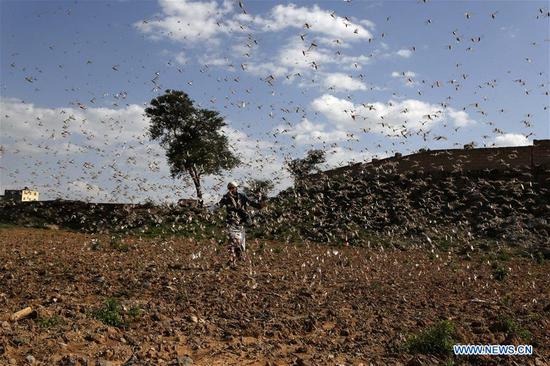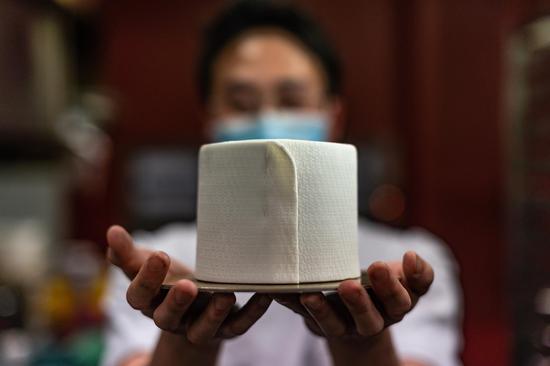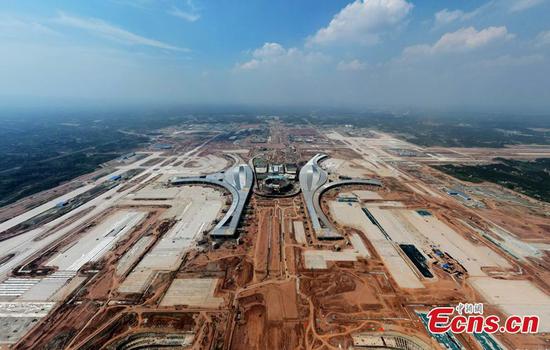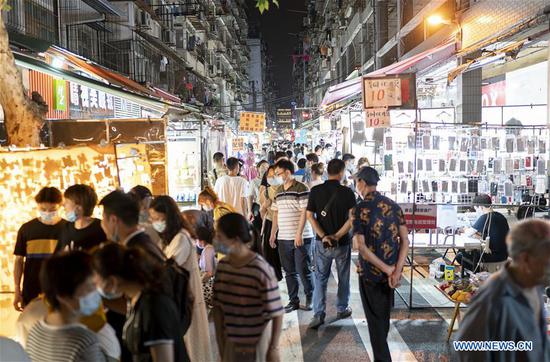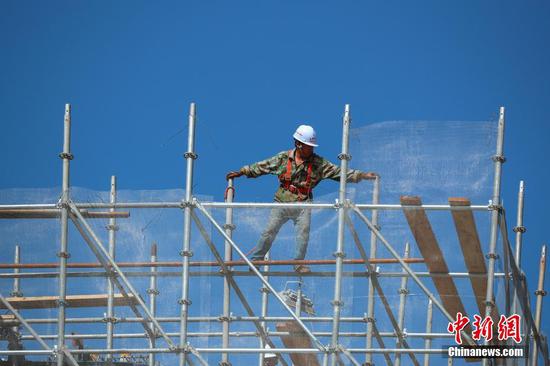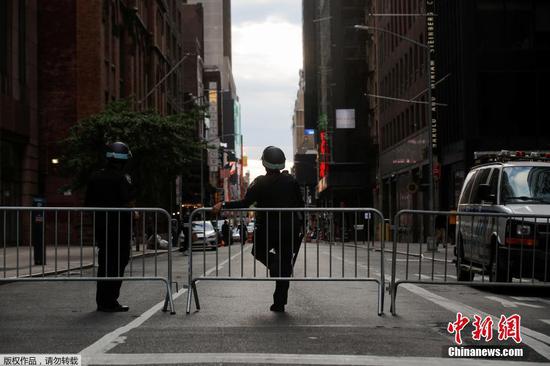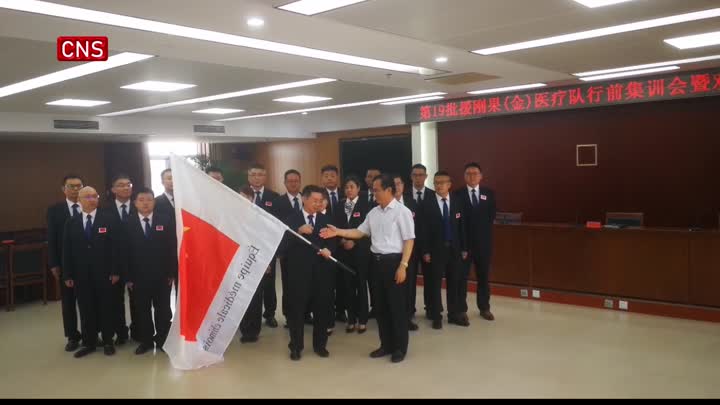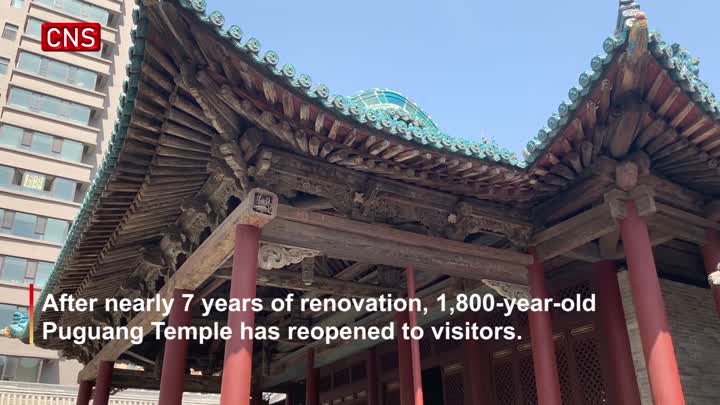China will set up a special transfer payment mechanism to ensure that the newly increased fiscal funds this year will directly benefit businesses and people, according to decisions made at the State Council's executive meeting chaired by Premier Li Keqiang Tuesday.
Ensuring that this year's increased fiscal funds go straight to primary-level governments and directly benefit businesses and people is an important step in advancing stability on the six fronts and security in the six areas.
Premier Li Keqiang announced in the government work report that the country will increase its deficit by 1 trillion yuan over last year. In addition, 1 trillion yuan of government bonds for COVID-19 control will be issued. The 2 trillion yuan will be transferred in full to local governments, and a special transfer payment mechanism will be established to ensure that funds go straight to ensure employment, meet basic living needs, and protect market entities.
"Both primary-level governments and companies are looking forward to benefiting from these funds as early as possible. This measure must be promptly and fully implemented," Li said.
It was pointed out at the Tuesday meeting that ensuring stability on the six fronts and security in the six areas is an important mission for the government this year, and requires swift action. Supporting jobs, people's basic living needs and businesses primarily relies on prefecture and county governments.
This year, the government will cut taxes and fees by 2.5 trillion yuan (about 354 billion U.S. dollars). This will effectively ease the difficulties faced by businesses, especially micro, small and medium ones, and meet the pressing needs of people in need. Yet it will also lead to sizable shortfalls in the fiscal resources of prefecture and county governments.
The 2 trillion yuan of new fiscal funds, made available by raising the budget deficit and issuing special treasury bonds for COVID-19 control, will go straight to prefecture and county governments. This will support these governments in providing relief to the smaller firms, self-employed individuals and vulnerable groups who have been hit hardest by COVID-19, enhancing infrastructure building, particularly in public health, and meeting expenditures for COVID-19 control.
"The economy has been steadily reopening, but economic activity is not yet back to the level of the same period last year. We are also faced with great uncertainty in the global environment. The top priority now is to help businesses and the people resolve their pressing difficulties," Li said.
Those at the meeting decided that a special transfer payment mechanism will be set up to ensure that all new fiscal funds this year will be fully channeled to prefecture and county governments at the earliest possible time by increasing transfer payment from central to local governments, and arranging transfer payment from government-managed funds.
"Though provincial governments shall only be passers-by to these funds, they must not just sit idly by and do nothing. While enhancing oversight, they shall work to make more of their fiscal resources available to primary-level governments to help fill the latter's shortfall of funds, and ensure that measures in support of jobs, livelihood and market players are fully delivered on the ground," Li said.
It was urged at the Tuesday meeting that the Ministry of Finance must establish a parallel mechanism that oversees the whole process of the usage of the funds. Treasuries at all levels should supervise the direct delivery of funds straight to the recipients, and see that accounts are matched with the payments actually made. Any acts of withholding or embezzlement of the funds, or making false claims in applying for the funds will be held to account according to law.
"The oversight mechanism must be enhanced to see the funds disbursed quickly. Local governments must fulfill their due responsibilities. Such funds must be put into good use to ensure that tasks for eliminating poverty as scheduled, easing difficulties faced by businesses, and supporting vulnerable groups must be fulfilled," Li said.









